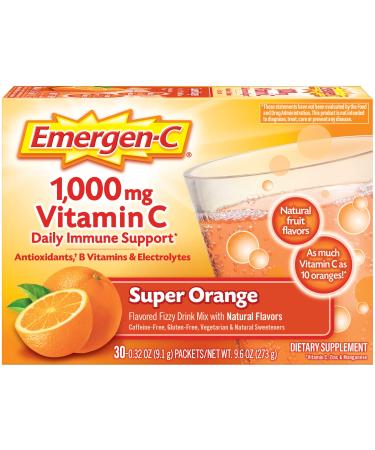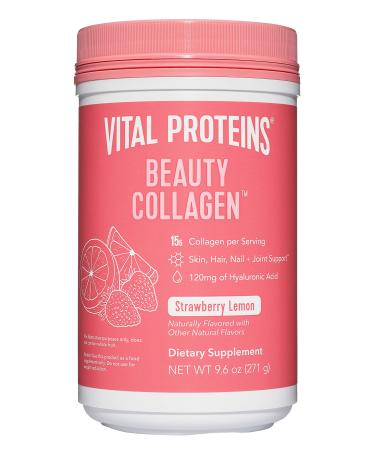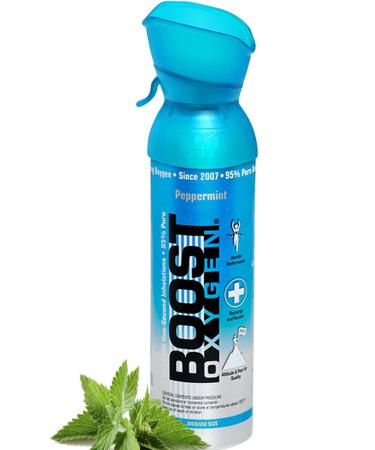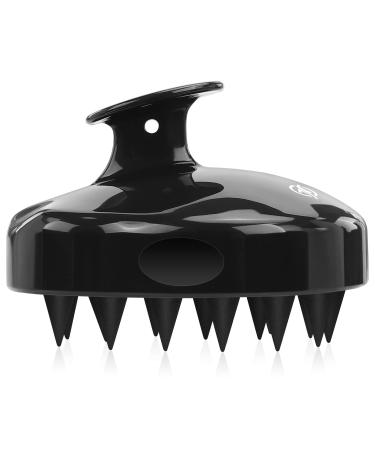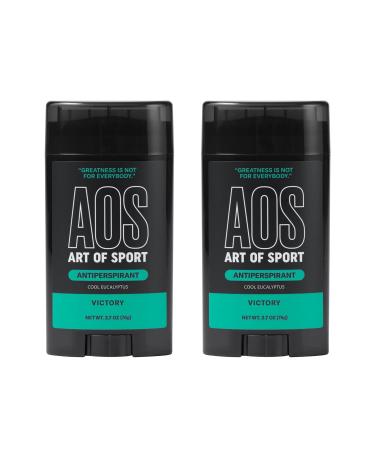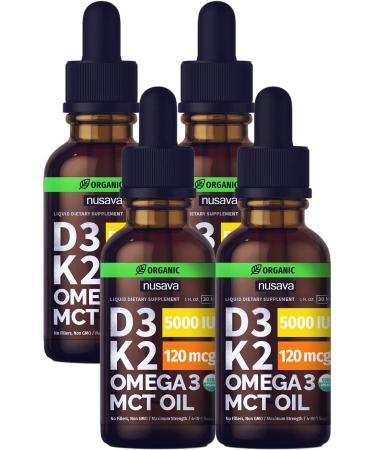DD Vegetable glycerine, also known as glycerol or glycerin, is a clear, odorless, and sweet-tasting liquid derived from vegetable fats, typically palm, soy, or coconut oil. It is widely used in various industries and has several applications, including in food, cosmetics, pharmaceuticals, and personal care products. Here are some key points about vegetable glycerine: Hygroscopic Nature: Vegetable glycerine is hygroscopic, meaning it can attract and retain moisture from the surrounding environment. This property makes it valuable in many applications. Food and Beverage Industry: In the food industry, vegetable glycerine is used as a food additive and sweetener. It is often found in processed foods, baked goods, beverages, and as a component of some sugar substitutes. Cosmetics and Personal Care Products: Glycerine is a common ingredient in skincare products, such as moisturizers, lotions, and soaps. It helps hydrate and soften the skin by drawing moisture into it. Pharmaceuticals: Glycerine is used in pharmaceuticals as a solvent, preservative, and as a component in cough syrups and liquid medications. E-Liquids: It is used as a base in e-liquids for electronic cigarettes and vaporizers, where it helps produce vapor when heated. Dental Care: Vegetable glycerine is found in some oral care products like mouthwash and toothpaste for its moisturizing and soothing properties. Natural and Safe: It is generally considered safe for consumption and use in cosmetics when used as directed. Vegetable glycerine is non-toxic, non-irritating, and does not cause allergic reactions in most people. Moisturizing Properties: Glycerine is known for its ability to attract and lock in moisture, making it an effective hydrating agent for the skin and hair. Medicinal Uses: In some traditional and alternative medicine practices, glycerine is used as a carrier for herbal extracts and tinctures.Solvent: Glycerine is used as a solvent in various industries, including pharmaceuticals, herbal medicine, and food production, to extract and preserve certain compounds. Hygroscopic Nature: Vegetable glycerine is hygroscopic, meaning it can attract and retain moisture from the surrounding environment. This property makes it valuable in many applications. Cosmetics and Personal Care Products: Glycerine is a common ingredient in skincare products, such as moisturizers, lotions, and soaps. It helps hydrate and soften the skin by drawing moisture into it. Natural and Safe: It is generally considered safe for consumption and use in cosmetics when used as directed. Vegetable glycerine is non-toxic, non-irritating, and does not cause allergic reactions in most people.




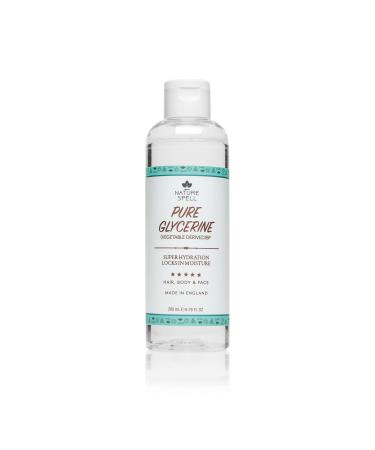


![Stewart Freeze Dried Dog Treats Made in USA [Single Ingredient Puppy and Dog Training Treats - Grain Free Natural Dog Treats] Resealable Tub to Preserve Freshness](https://www.gosupps.com/media/catalog/product/cache/25/small_image/375x450/9df78eab33525d08d6e5fb8d27136e95/6/1/61gwbbixarl._ac_sl1500_.jpg)
